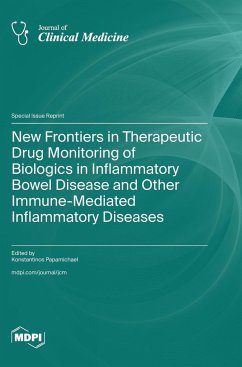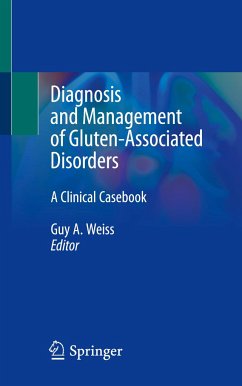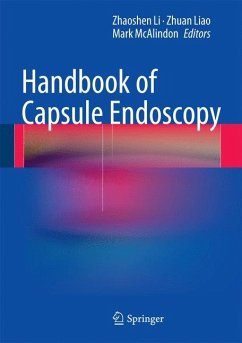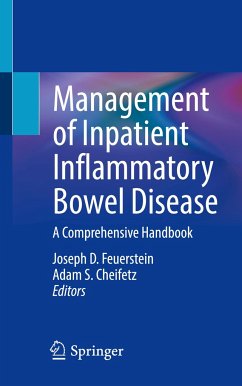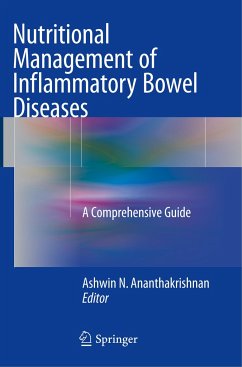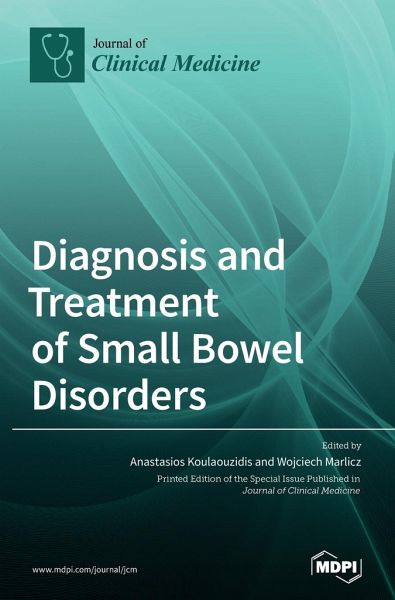
Diagnosis and Treatment of Small Bowel Disorders
Versandkostenfrei!
Versandfertig in 1-2 Wochen
49,99 €
inkl. MwSt.

PAYBACK Punkte
25 °P sammeln!
Over the last few decades, remarkable progress has been made in understanding the aetiology and pathophysiology of diseases and many new theories emphasize the importance of the small bowel 'ecosystem' in the pathogenesis of acute and chronic illness. Emerging factors such as microbiome, stem cells, innate intestinal immunity and the enteric nervous system along with mucosal and endothelial barriers have key role in the development of gastrointestinal and extra-intestinal diseases. Therefore, the small intestine is considered key player in metabolic disease development, including diabetes mell...
Over the last few decades, remarkable progress has been made in understanding the aetiology and pathophysiology of diseases and many new theories emphasize the importance of the small bowel 'ecosystem' in the pathogenesis of acute and chronic illness. Emerging factors such as microbiome, stem cells, innate intestinal immunity and the enteric nervous system along with mucosal and endothelial barriers have key role in the development of gastrointestinal and extra-intestinal diseases. Therefore, the small intestine is considered key player in metabolic disease development, including diabetes mellitus, and other diet-related disorders such as celiac and non-celiac enteropathies. Another major field is drug metabolism and its interaction with microbiota. Moreover, the emergence of gut-brain, gut-liver and gut-blood barriers points toward the important role of small intestine in the pathogenesis of common disorders, such as liver disease, hypertension and neurodegenerative disease. However, the small bowel remains an organ that is difficult to fully access and assess and accurate diagnosis often poses a clinical challenge. Eventually, the therapeutic potential remains untapped. Therefore, it is due time to direct our interest towards the small intestine and unravel the interplay between small-bowel and other gastrointestinal (GI) and non-GI related maladies.



